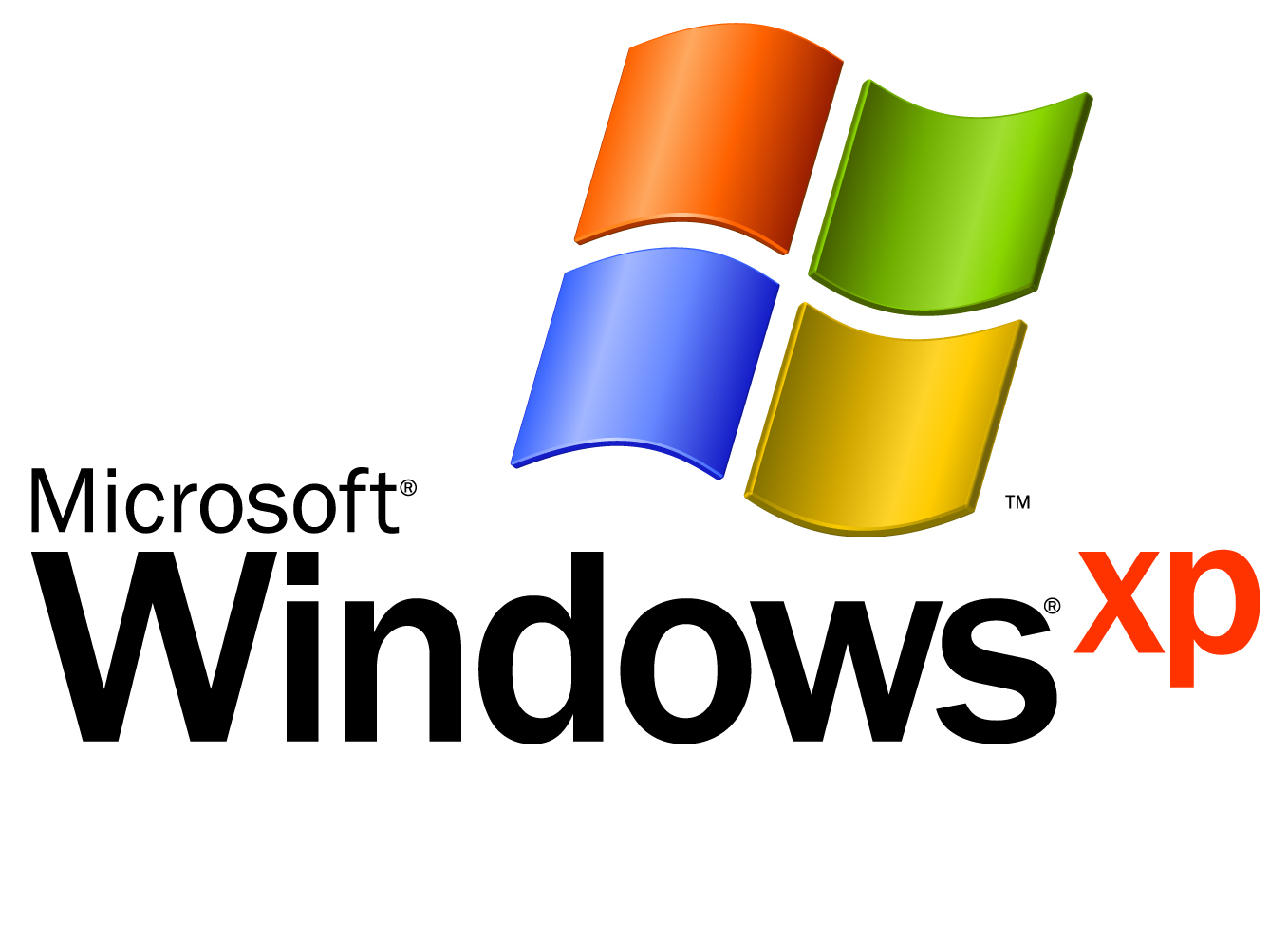New Harddrives May Force Windows XP Upgrades
A change in hard drive format may force Windows XP users to upgrade to Windows 7.
Get Tom's Hardware's best news and in-depth reviews, straight to your inbox.
You are now subscribed
Your newsletter sign-up was successful
An article provided by BBC News paints a rather grim picture for Windows XP consumers. It may seem that those still clinging to the fear that Windows 7 will eventually pan out to be another Windows Vista may have no choice but to take the upgrade plunge thanks to the evolution of the hard drive. This won't mean an early death of XP by any means, but more of a performance hit despite other system specs.
Here's how it will work: most hard drives sold in late 2011 may use an advanced format that will make it easier for hard drive manufacturers to produce bigger drives while making them more reliable and less power hungry. Of course, this is a good thing. Bigger games, bigger software, and our addiction to downloadable media means that hard drives need to keep up with the times. Unfortunately, this is where Windows XP comes crashing down in flames.
Current drives are formatted into blocks of 512 bytes in size--this has been standard since the days DOS ruled PCs. By the end of 2011, all new hard drives will be formatted into blocks of 4K in size. Windows XP doesn't know how to handle sectors of that magnitude. To resolve the conflict, the new drives will have the ability to "pretend" they still use sectors 512 bytes in size. Reading data via the emulation isn't expected to be a problem: it's the data writing that may impact performance.
"All other things being equal you will have a noticeable hard drive reduction in performance," said David Burks, a product marketing manager for storage firm Seagate. He also added that it could make a drive 10-percent slower in some circumstances.
With that said, Windows XP users may have some decision-making to do next year if their current drives fail: purchase a new drive and suffer a reduction in performance via Windows XP, or purchase the new drive and a fresh copy of Windows 7.
Get Tom's Hardware's best news and in-depth reviews, straight to your inbox.

Kevin Parrish has over a decade of experience as a writer, editor, and product tester. His work focused on computer hardware, networking equipment, smartphones, tablets, gaming consoles, and other internet-connected devices. His work has appeared in Tom's Hardware, Tom's Guide, Maximum PC, Digital Trends, Android Authority, How-To Geek, Lifewire, and others.
-
Bolbi I recommend the new drive + Windows 7 option. I used XP on several computers and skipped Vista myself (though I did use it some on other computers). All you XP users, Win7 is no Vista! IMO, it combines the usability, eye candy, and security of Vista with the speed, un-annoyingness, and reliability of XP. Plus, on one of my PC's, Win7 was actually faster than XP! In the end, I highly recommend XP users making the switch to Win7. I have and don't regret it.Reply -
It is Vista its just Service Pack 2. I will admit that it is better. However, to say it is no Vista is inaccurate. Look under the hood its basically Vista that has had a tuneup. This is what Vista should have looked like when it was releasedReply
-
shadow187 If it's only 10% slower, than many people won't switch. Now if, let's say, the hard drives ran at 40+% slower, then perhaps people would switch. Considering that Windows 7 forced people to upgrade to an nVidian 7XXX+ or ATI 4XXX+, it makes sense that people will start to realize that their software is out-of-date.Reply -
jonpaul37 completely agree with Bolbi, Win 7 uses the best of both Win XP & Win Vista, wilh no draw-backs. I've not had one issue yet with Win 7 and i have tested since Beta.Reply -
jackward late 2011,, that a long ways off really.. and you will still be able to get old school drives for a while I bet.. XP isn't dead yet by a long shot. (And Windows 7 so far isn't all that bad either and out to have the few bugs there are so far wrung out by the end of next year.)Reply
The big news here is bigger faster drives -
ricardok jonpaul37I've not had one issue yet with Win 7 and i have tested since Beta.Same here.. Using vista since the Beta (leaked one - before the official release) and all is good.. Can't complain at all.Reply
I've also skipped Vista on my desktop (but still uses it on my notebook - bundled).. -
OvrClkr well there goes my dual boot option.. XP will always be my fav OS regardless, oh well, RIP XP..Reply -
frozenlead shadow187Considering that Windows 7 forced people to upgrade to an nVidian 7XXX+ or ATI 4XXX+, it makes sense that people will start to realize that their software is out-of-date.Reply
What are you talking about? No it didn't...besides, those two GPU series aren't even in the same class. -
Tomtompiper Microsoft have been selling XP up until the launch of Windows7, they should support their customers with an upgrade to enable the full use of these hard drives. If not people should buy the drive and install an alternative OS.Reply -
cryogenic Last I checked Windows XP can read and write 4k block just fine (actually 4K block size is the default for NTFS for drives above 2GB) http://support.microsoft.com/kb/314878Reply
